3 takeaways from OCPP Plugfest March 2023


Take a deep dive into the top news and trends from the Open Charge Alliance OCPP Plugfest in March 2023.
The Open Charge Point Protocol is a technology standard helping to create safe, accessible and interoperable EV charging infrastructure that’s fit for the future.
At Plugfest, a multi-day event of testing, seminars and workshops, players from across the EV charging landscape gather to experiment, exchange ideas and learn about new developments, ultimately bettering the charging experience for drivers.
Professionals from across the industry gathered in Arnhem, Netherlands, home to knowledge and innovation hub of smart charging infrastructure, ElaadNL, and a leading city in smart grid technology.
Here are our top three takeaways from the event.
1. V2X growth relies on open standards
As with one-way EV charging, increasing V2X adoption will require standard protocols to make installation and interconnection easier.
This will also allow energy utilities to incentive drivers to charge and discharge at the best times for the grid and the environment.
A standard protocol will ensure that V2X devices can communicate effectively with each other, regardless of their manufacturer or origin, and it would unlock the potential of having more bidirectional EVs and chargers at a limited initial cost.
The cost of bi-directional charger installation can be substantial, around 2-3 times that of a standard home charger. In order to increase adoption among consumers, charging vendors, OEMs, and utilities will need to collaborate to bring end-to-end costs down.
Incentivising grid-friendly charging and discharging will encourage consumers to use V2X devices more frequently, which will help to boost their overall efficiency.
Did you know Utrecht could be powered for a whole night by 8,500 cars using bi-directional charging? With 700 V2X-ready chargers already installed, the city is already enjoying the benefits of a greener, more reliable grid.
2. OCPP goes stateside with NEVI funding scheme
The US now requires OCPP to be implemented in EV chargers that are being funded by the National Electric Vehicle Infrastructure (NEVI) formula program.
As OCPP is already a widely used protocol to enable communication between chargers, networks and backend systems in Europe, it became the obvious choice to enable the growth of EVs on American roads.
3. V2G cyber security must be considered
The introduction of vehicle-to-grid (V2G) technology has raised concerns about cyber security.
Like all devices connected to the Internet, bi-directional chargers are vulnerable to cyber-attacks which could pose a risk to the energy grid or the user. For example, overloading the battery management system inside the vehicle.
However, V2G can be made secure by adhering to existing cyber security standards, such as using strong encryption methods and multiple layers of authentication.
This will help prevent vehicles, chargers or the grid from being compromised.
Cyber security must be a priority for all V2X devices to ensure they function efficiently and safely.
Take charge of your business
Looking for an EV charger management tool that helps your business grow with the latest technology trends?
ev.energy Pando is a one-stop solution to add value to your products, increase back-end efficiencies and stay ahead of regulatory compliance.
Visit our information page or contact us to learn more.
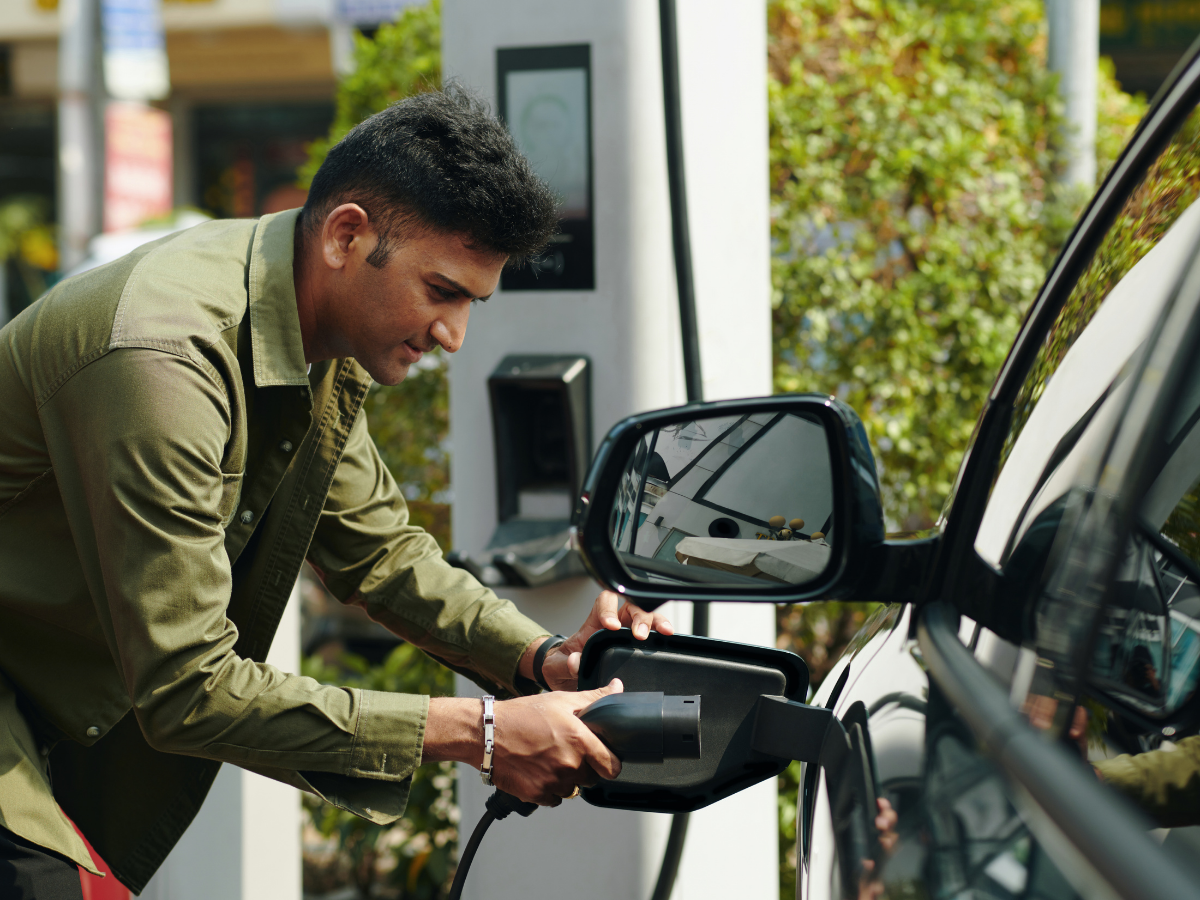

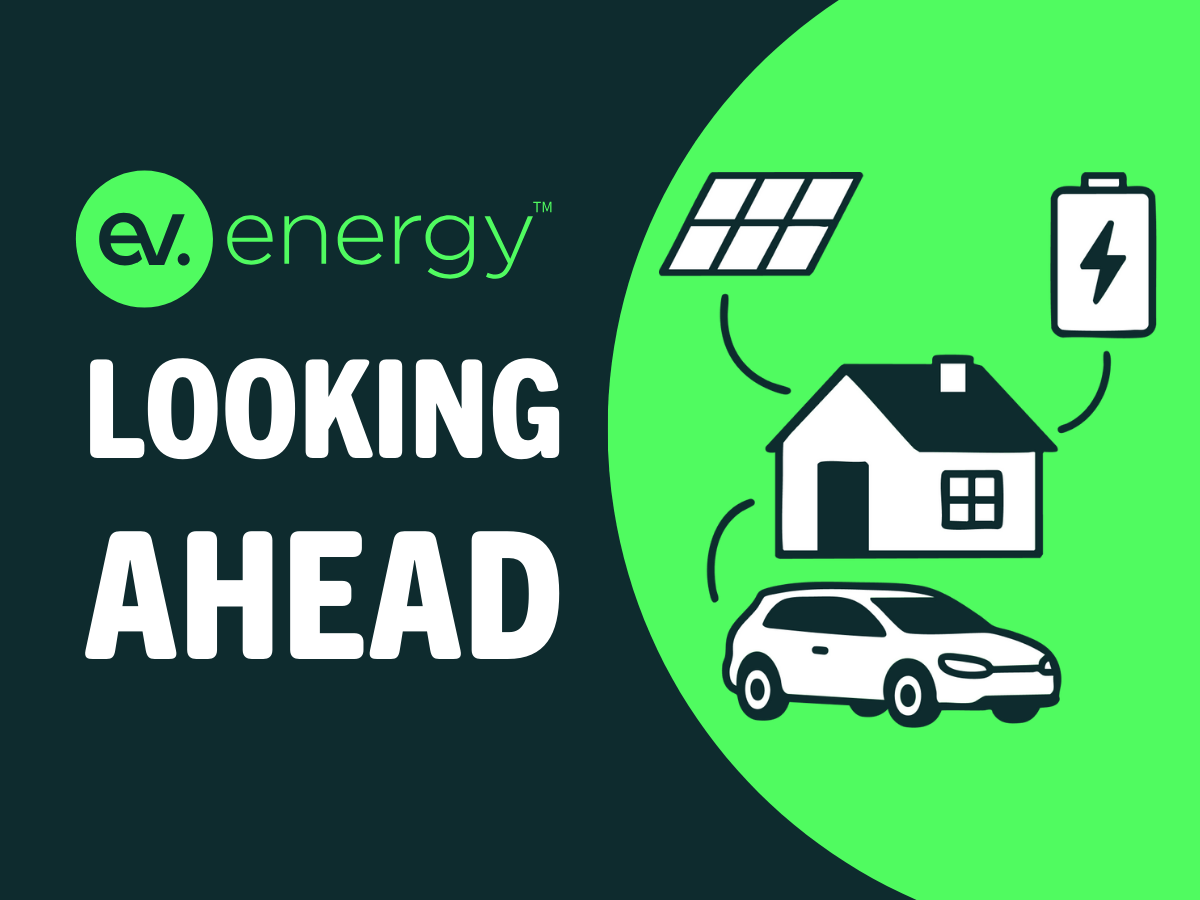

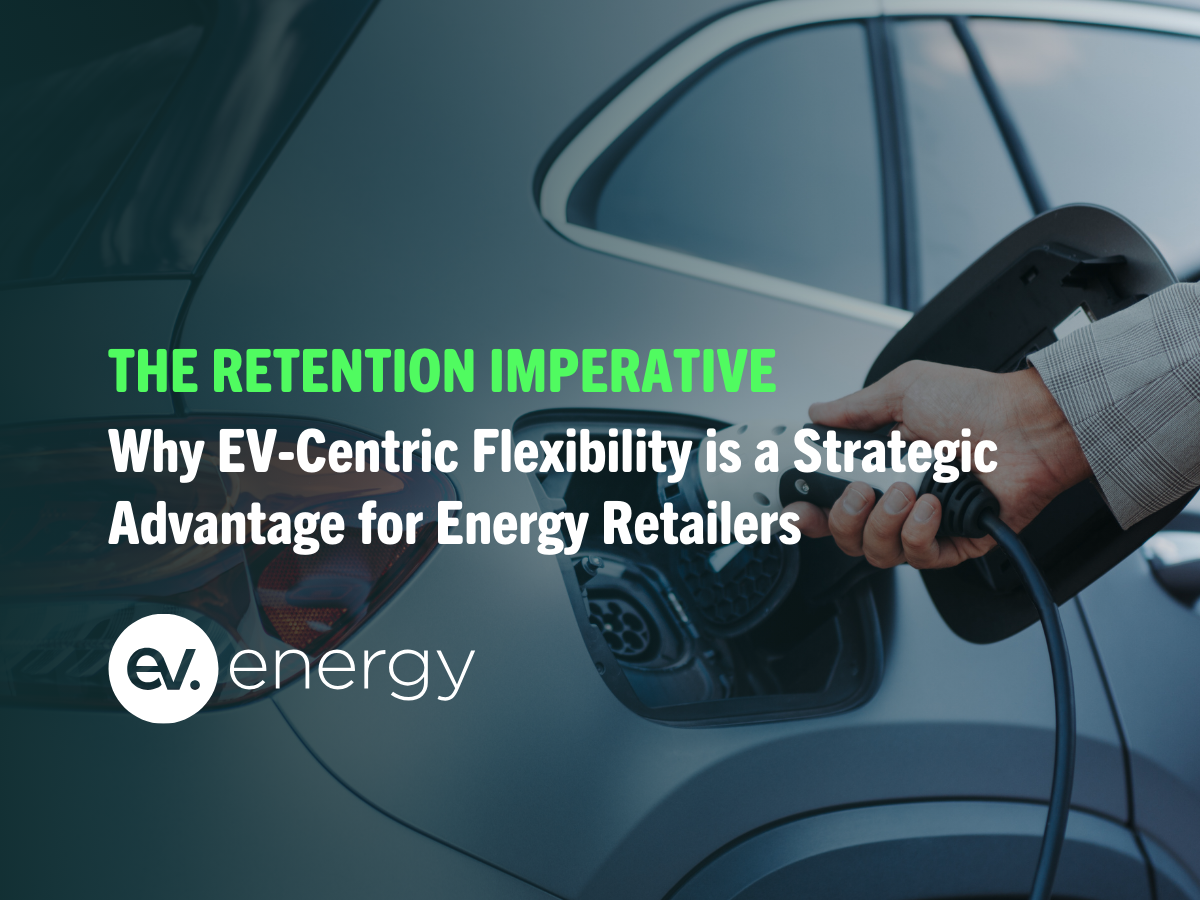

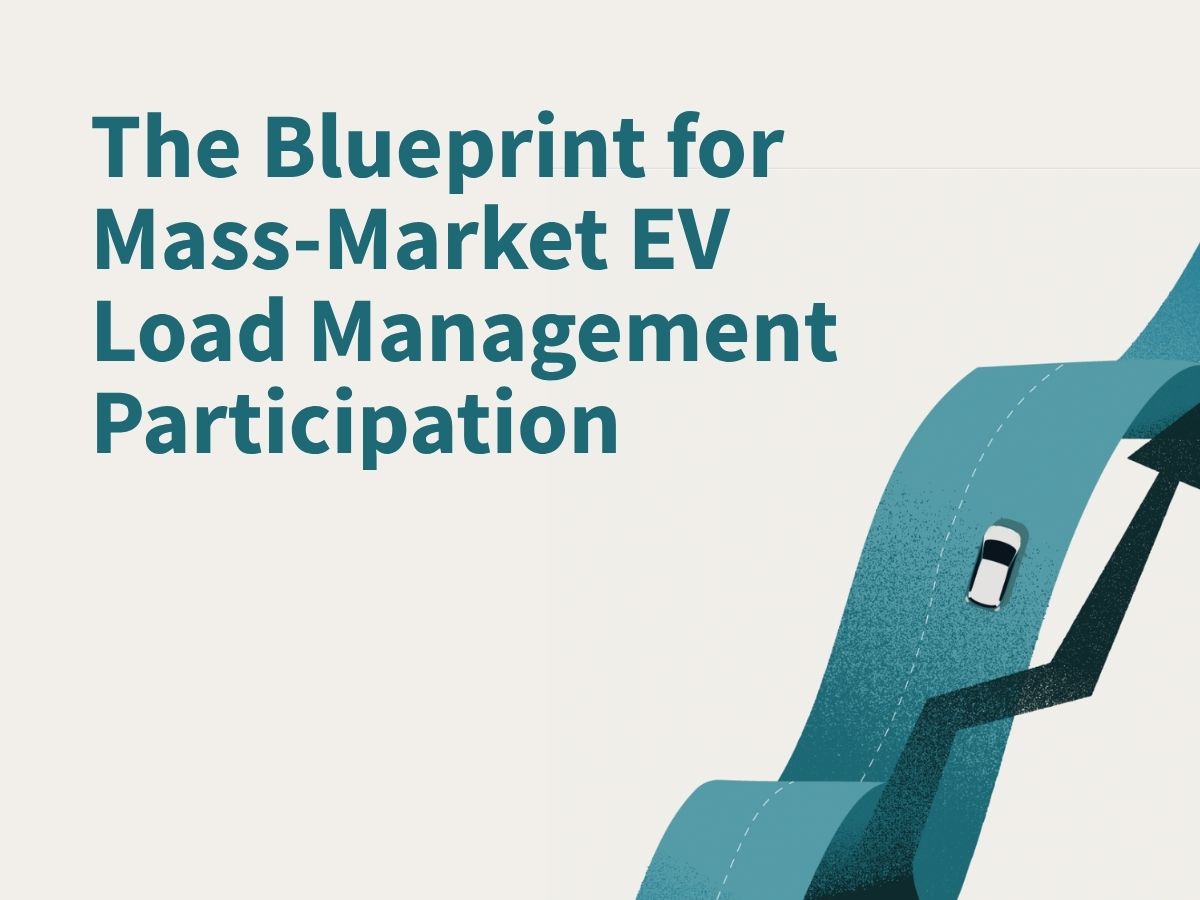






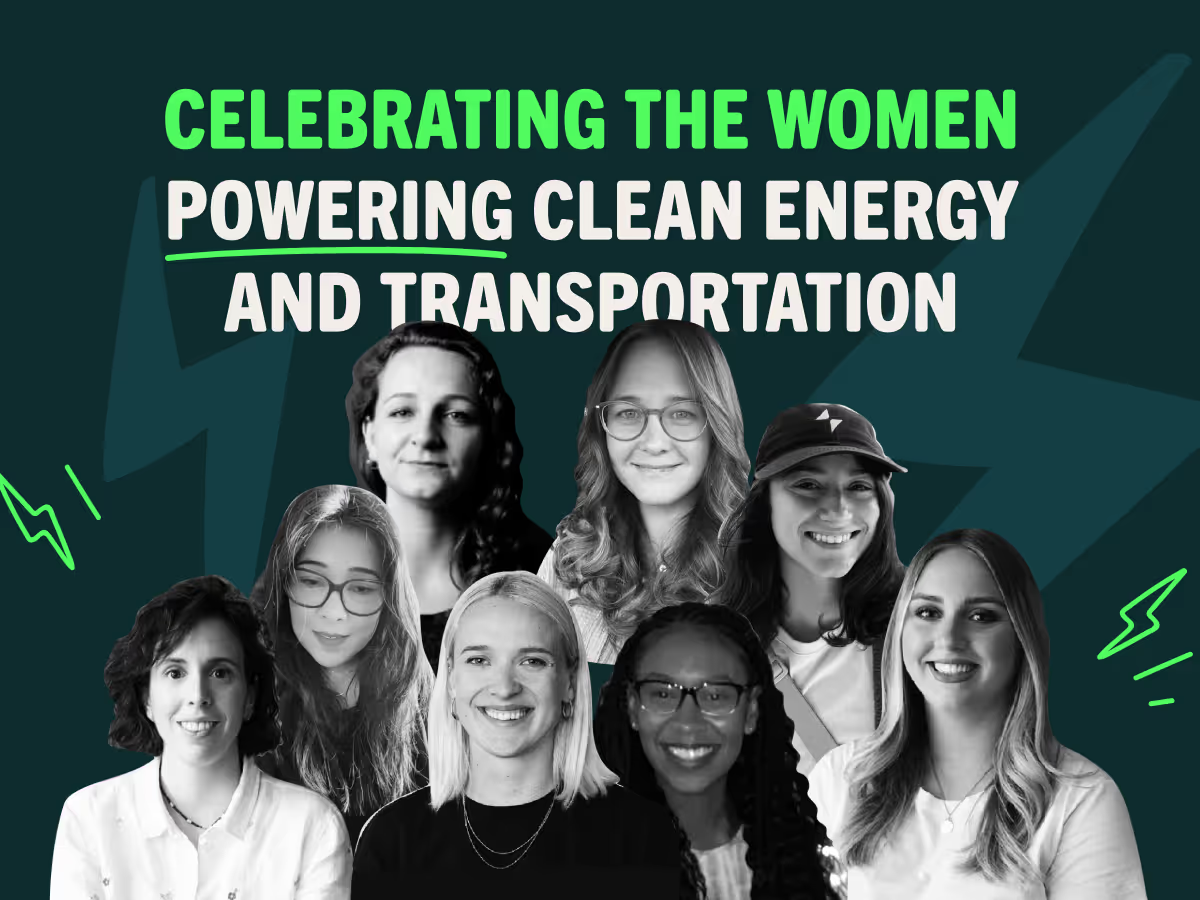


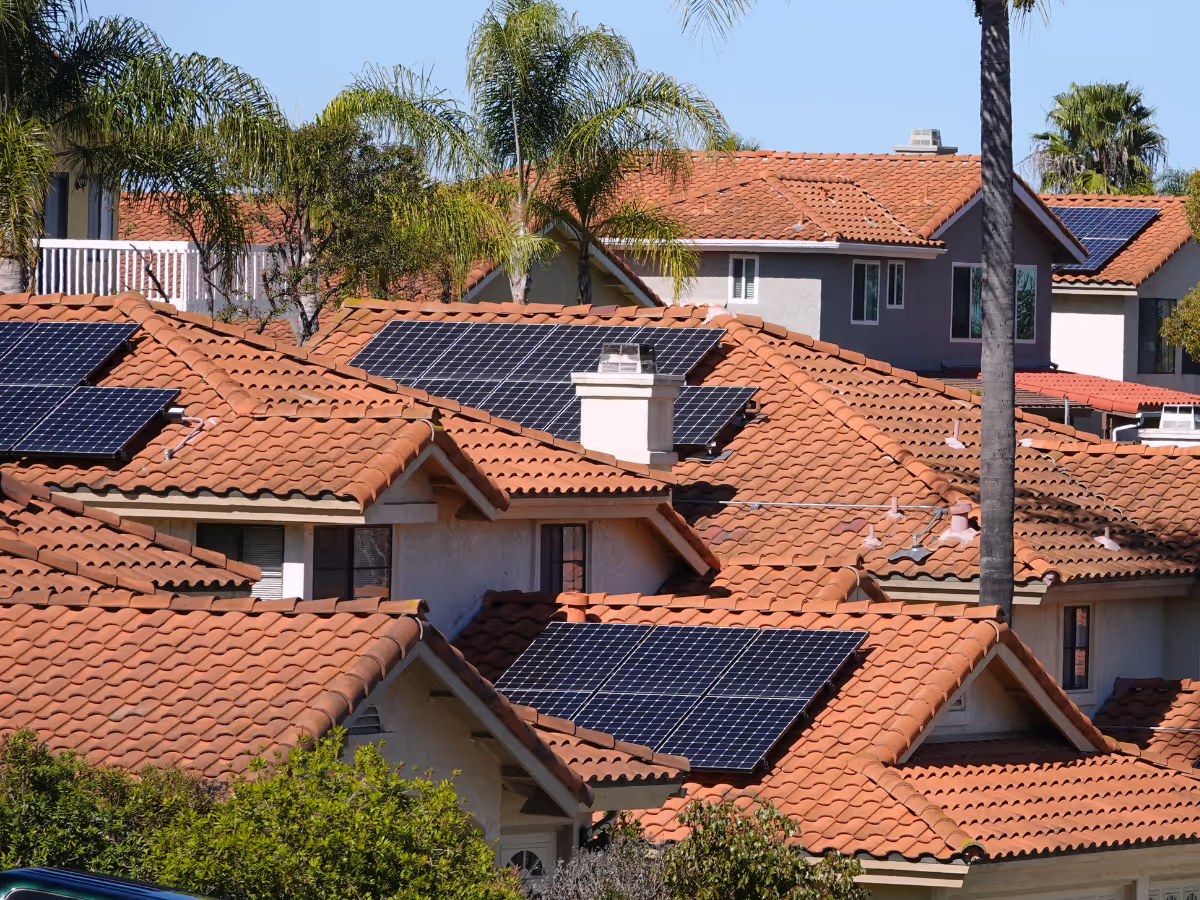


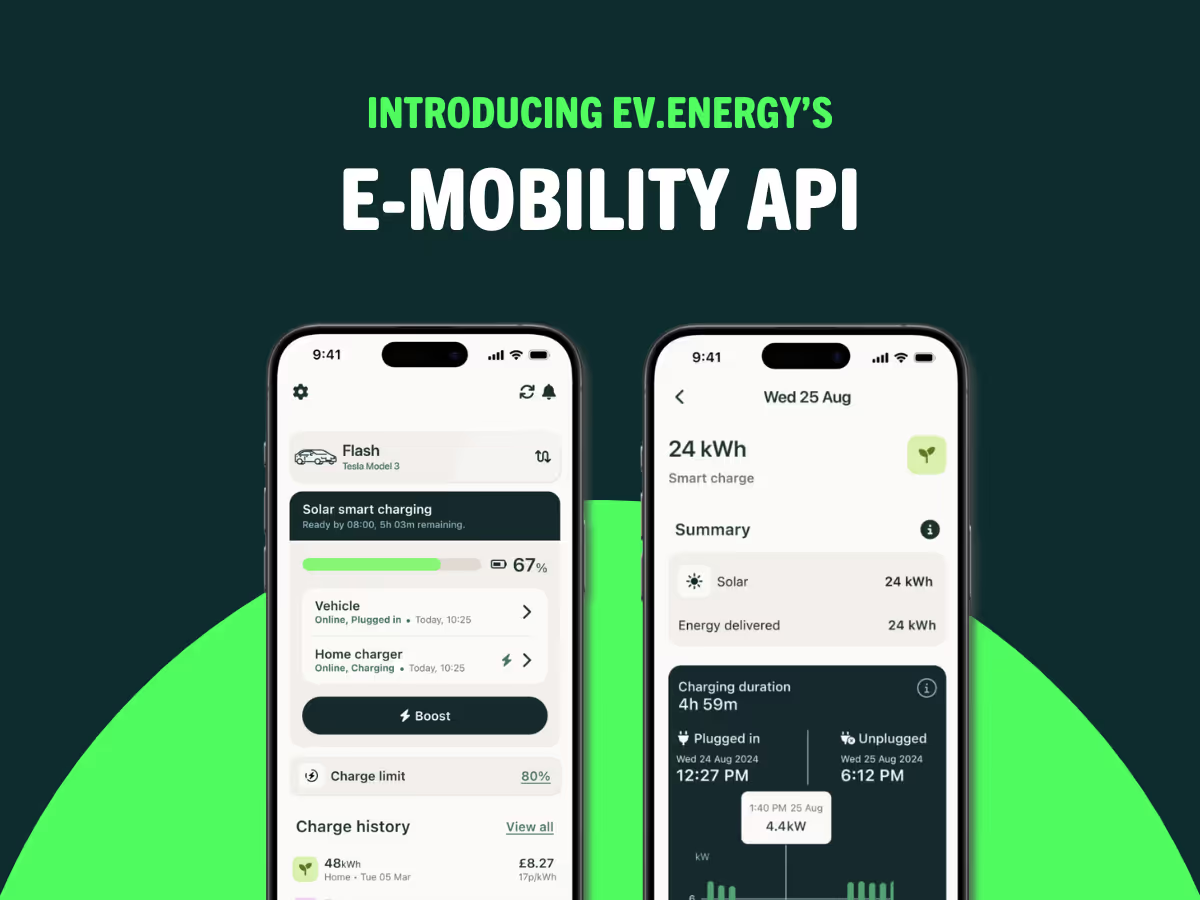

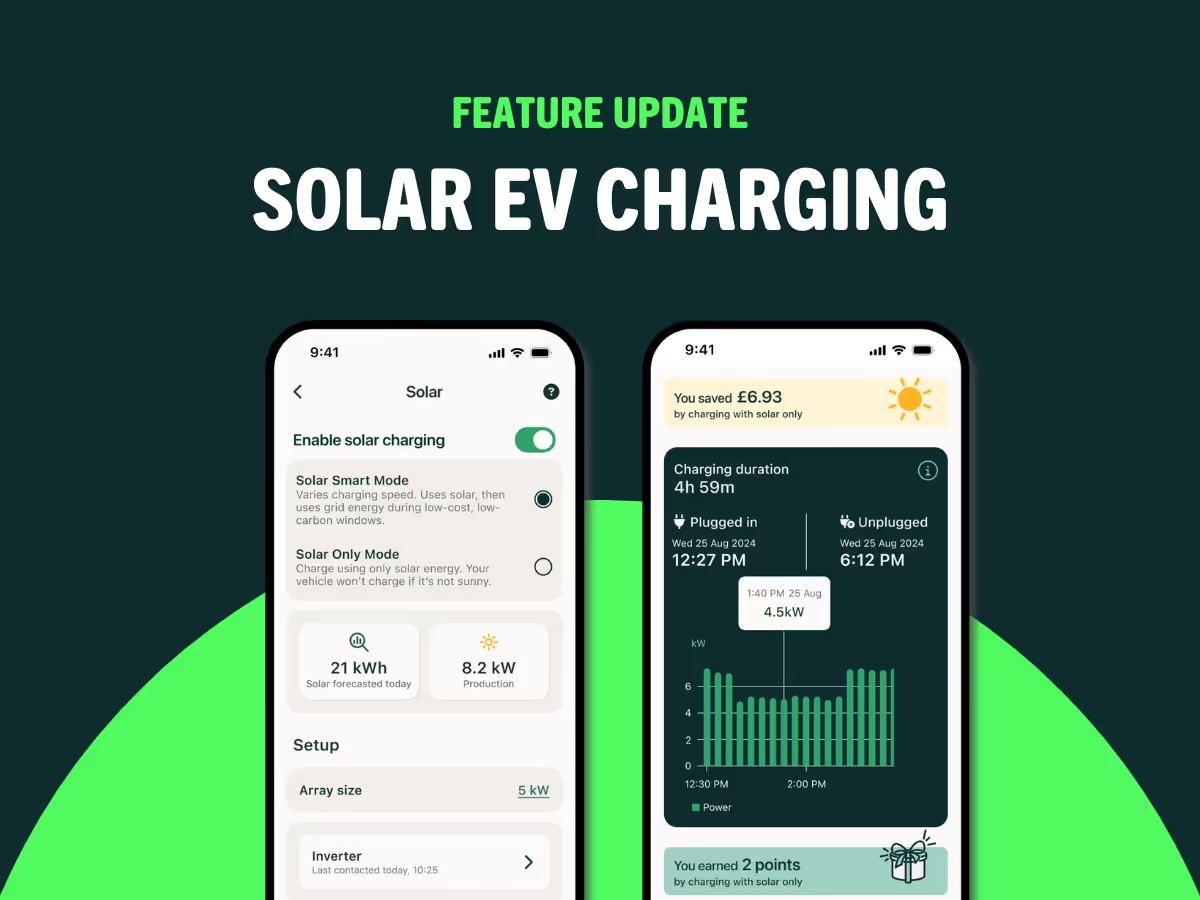













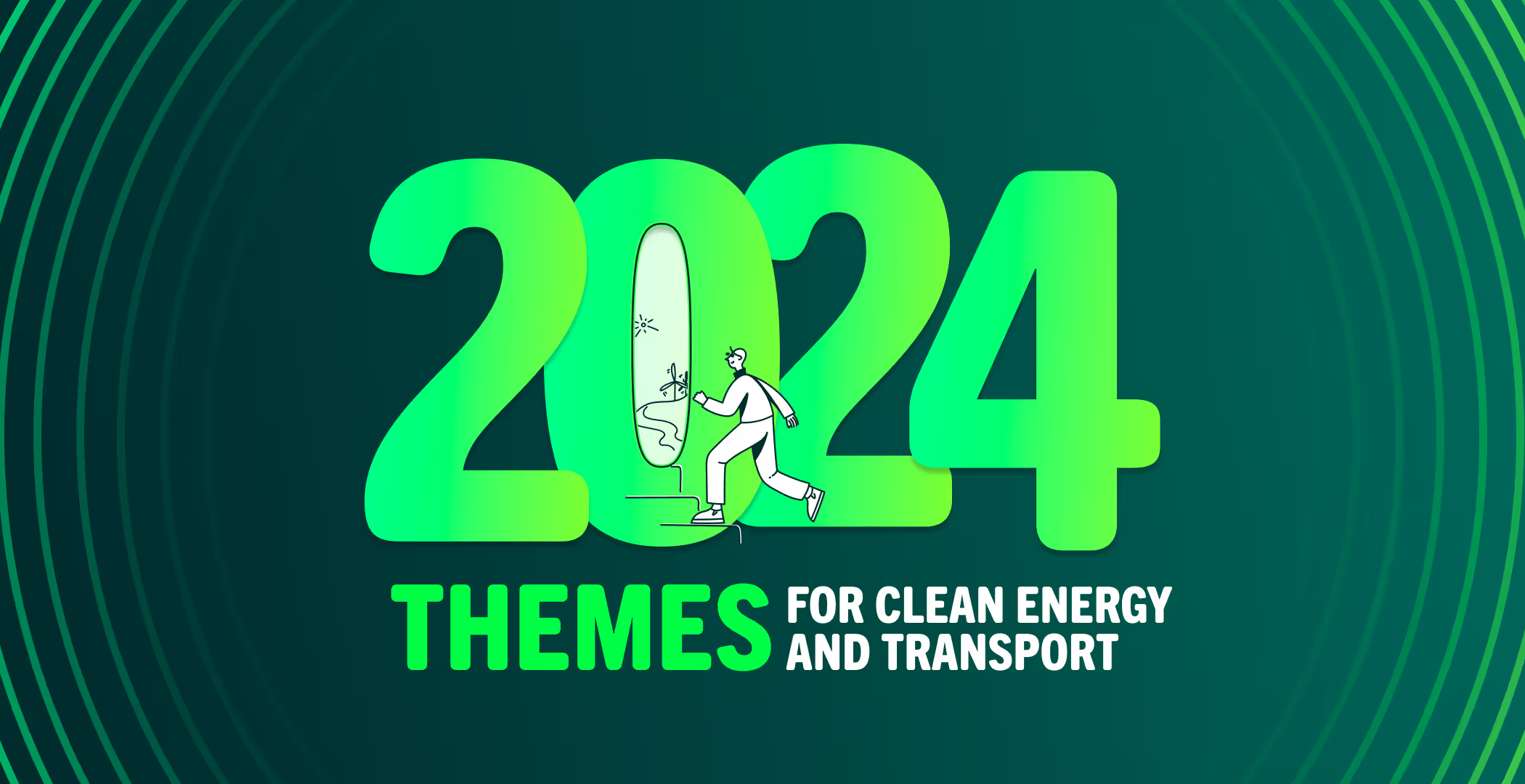
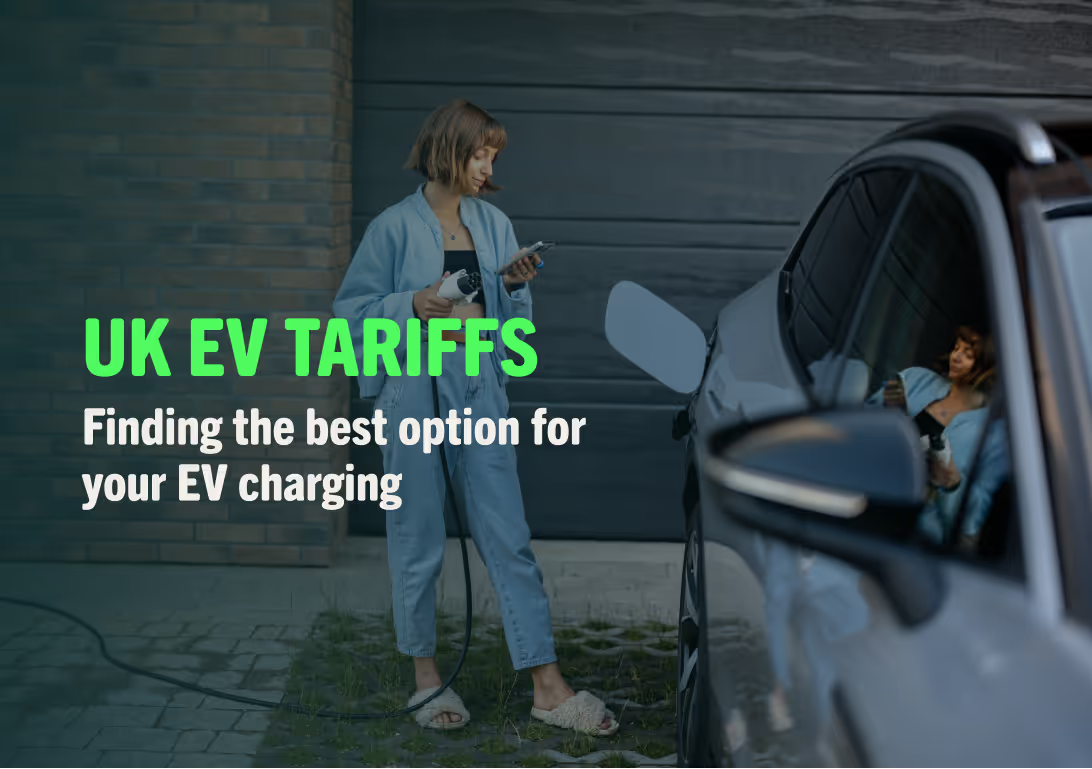







.avif)












































































